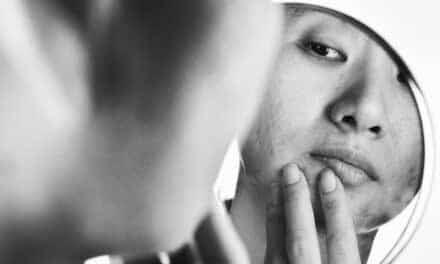Many black or racially mixed women in Venezuela opt for nose jobs to look whiter, but this only temporarily improves their self-esteem and body image, a study out of Dartmouth College shows.
Lauren Gulbas, an assistant professor of anthropology at Dartmouth in Hanover, NH, examined how aesthetic ideals promoted by the cosmetic surgery industry interact with local ideas about race in Caracas, the capital of Venezuela.
The findings appear in Qualitative Health Research.
The study included 63 white, black, or racially mixed women. Of these, 24 had undergone rhinoplasty and 39 wanted to change their nose through rhinoplasty. All of the women wanted la nariz perfilada, or a “well-formed nose” that is tall, slender, and associated with being white. All of the black or racially mixed women with broad, flat noses linked with African heritage wanted la nariz perfilada to improve their self-esteem by looking whiter, the study showed.
Though they claim to have a flexible social system made possible through mestizaje, or racial mixing, Venezuelan national heritage prioritizes light skin and European physical features, according to Gulbas.
“Rhinoplasty is offered by physicians and interpreted by patients as a resolution to body dissatisfaction and low self-esteem,” Gulbas writes. “Patients’ efforts to alter the nose reveal attempts to change not only how the body looks, but how it is lived. As a result, cosmetic surgery only acts as a stop-gap measure to heighten one’s self-esteem and body image.”


